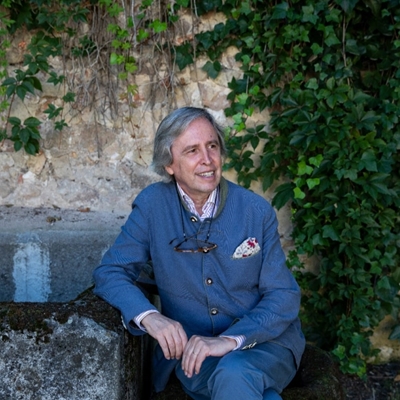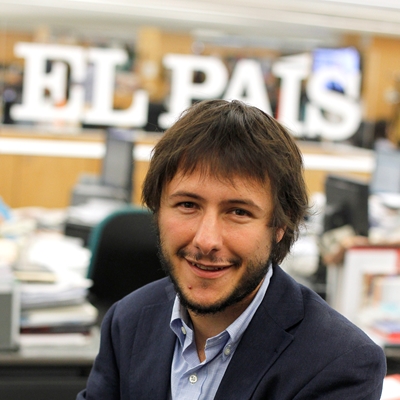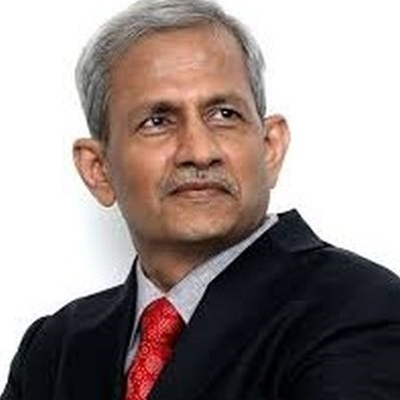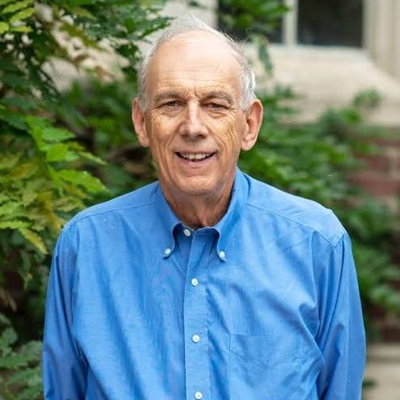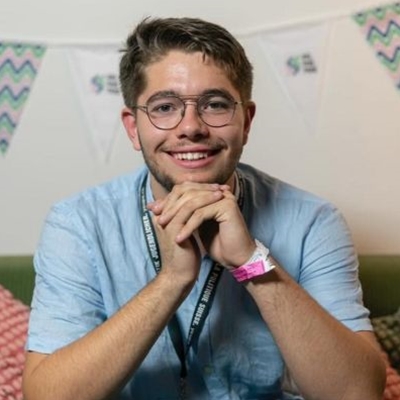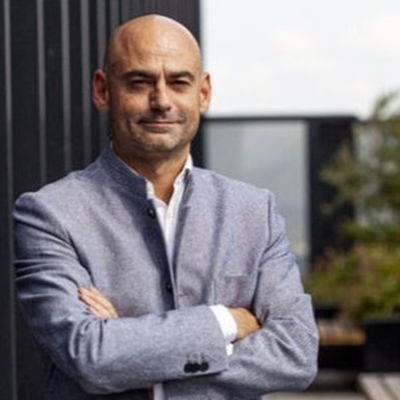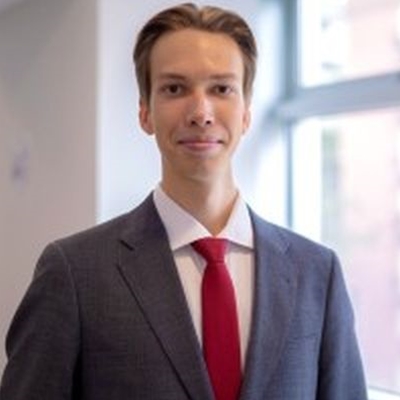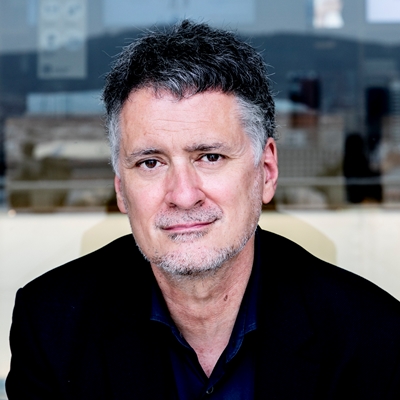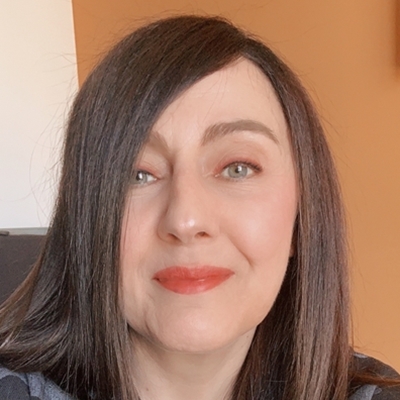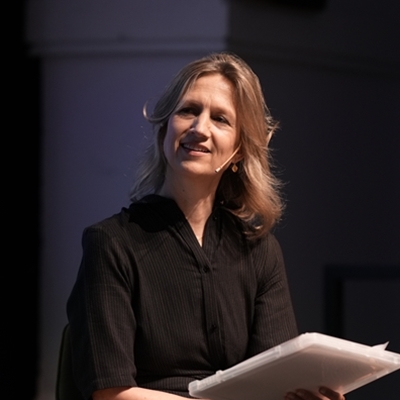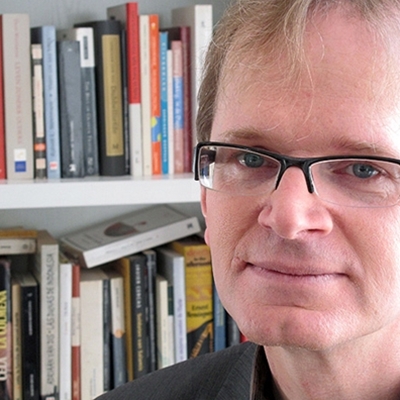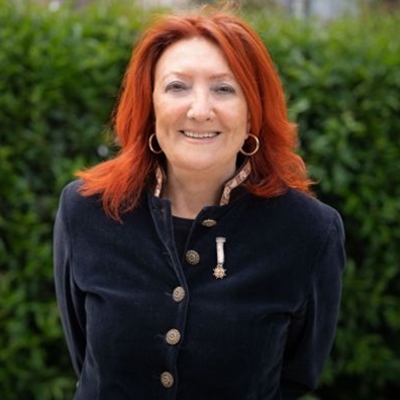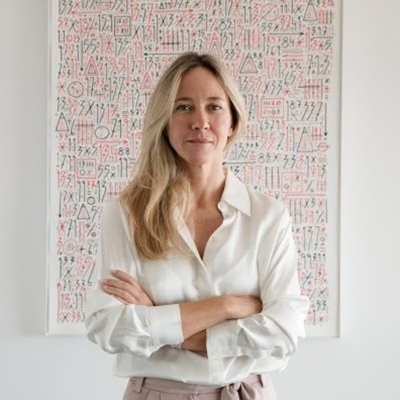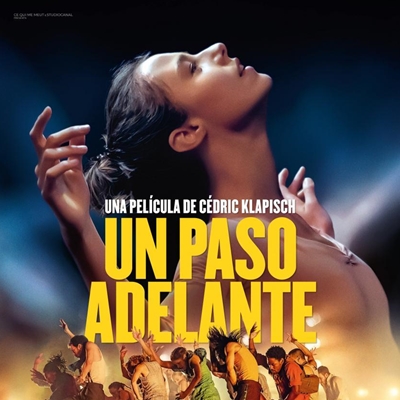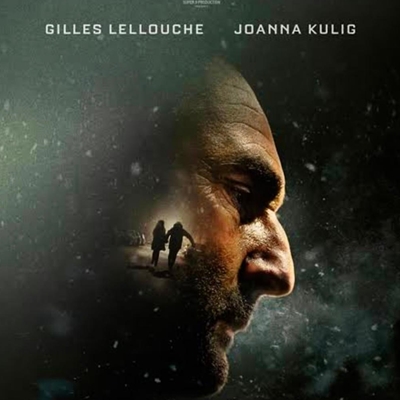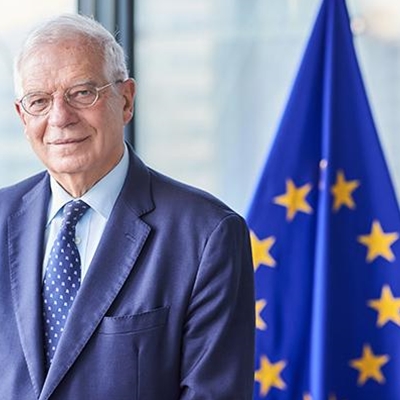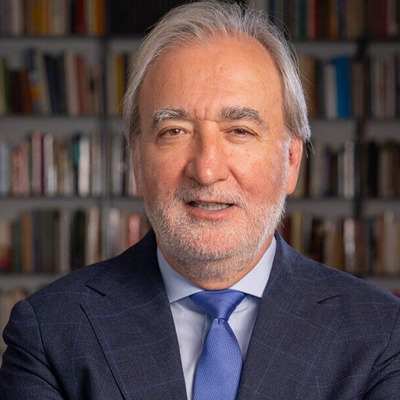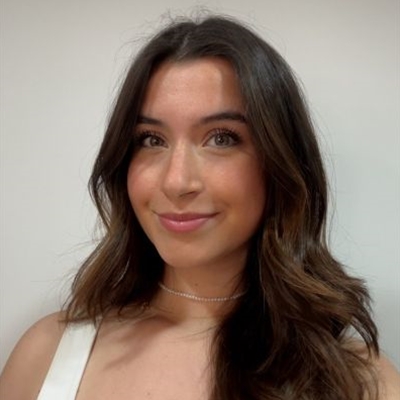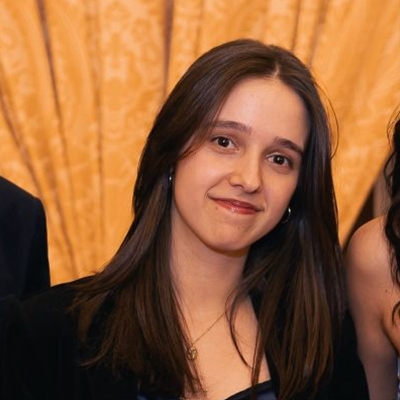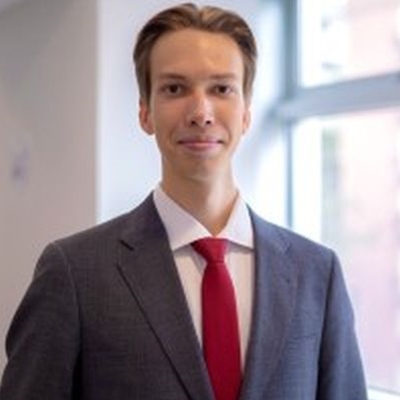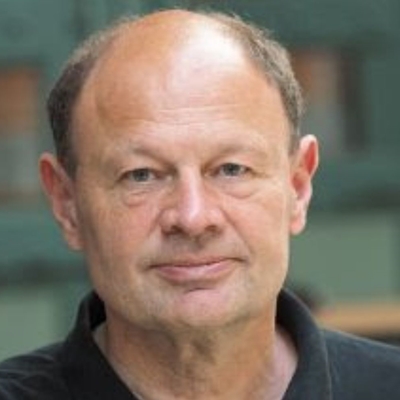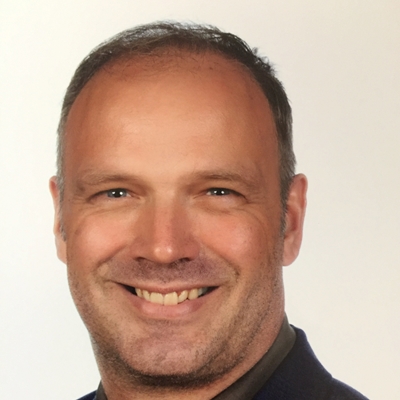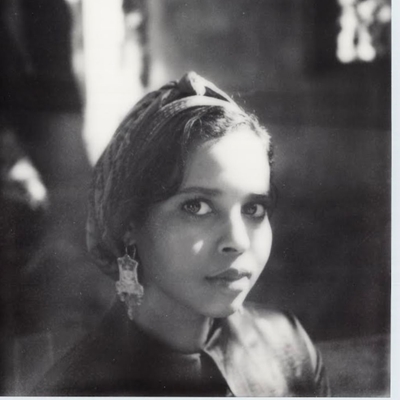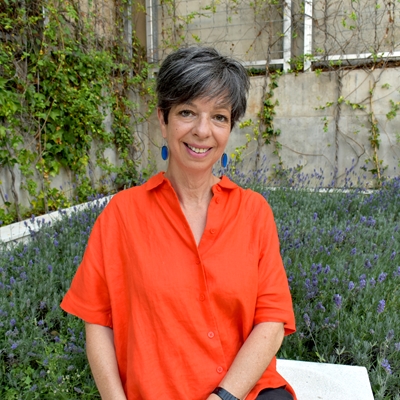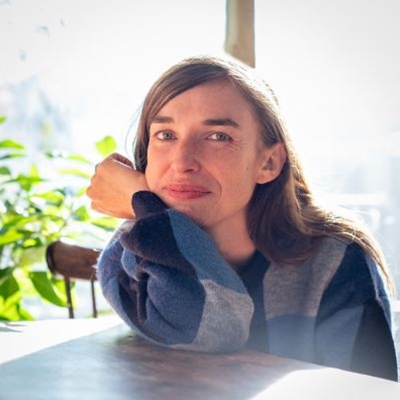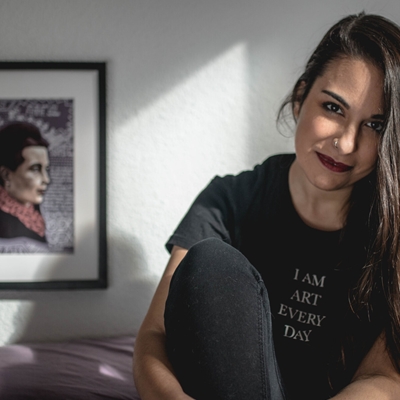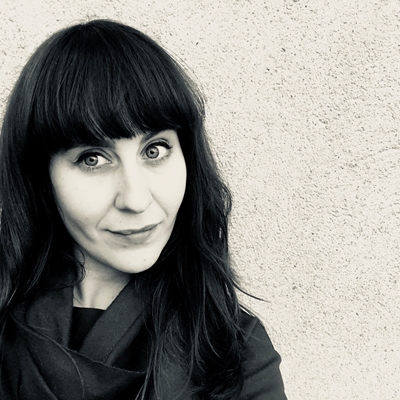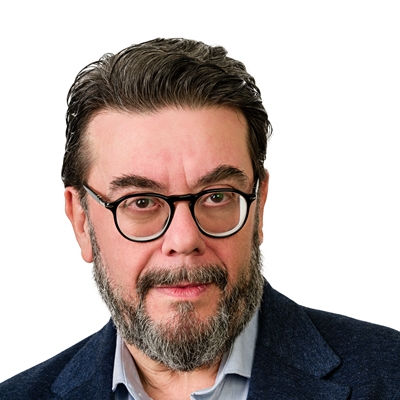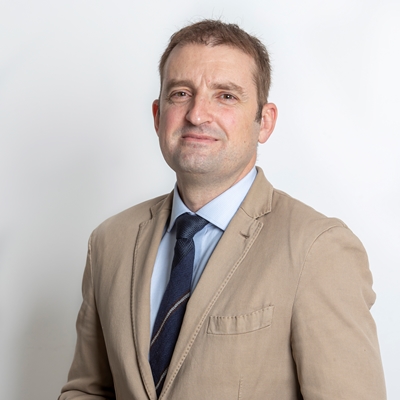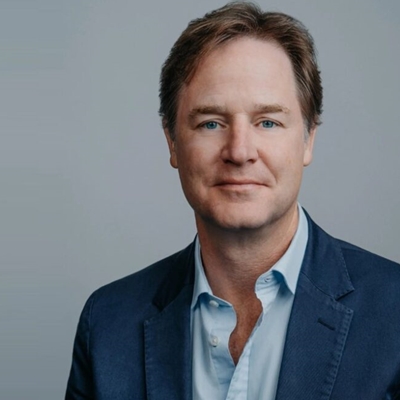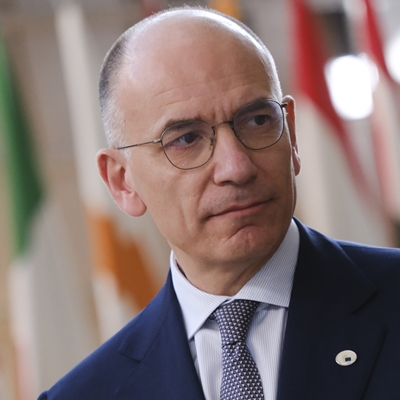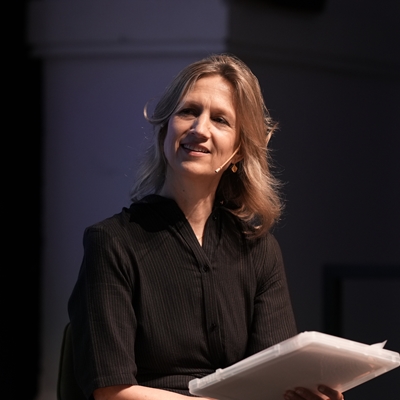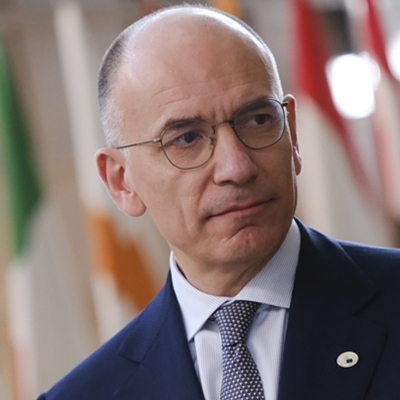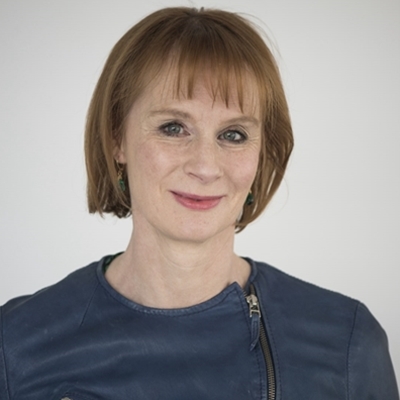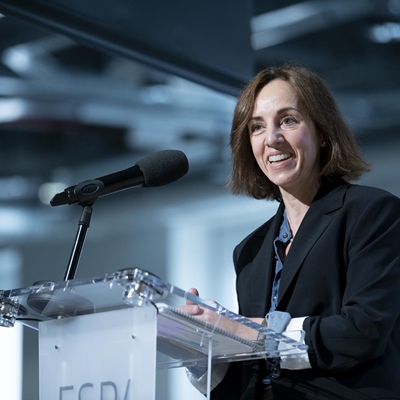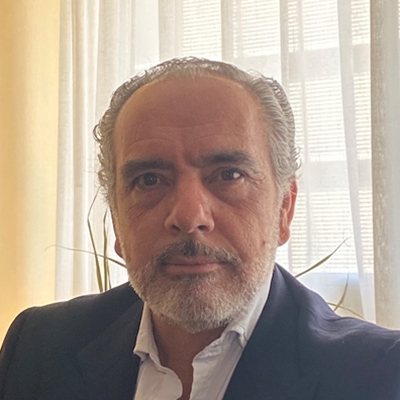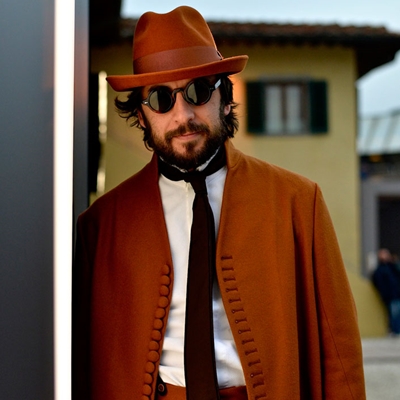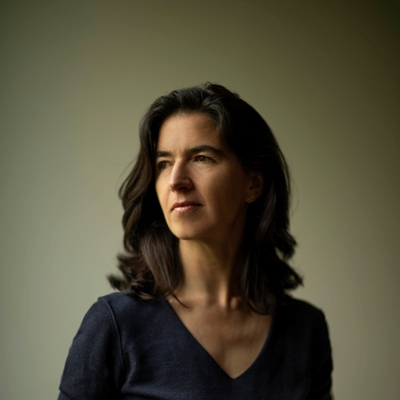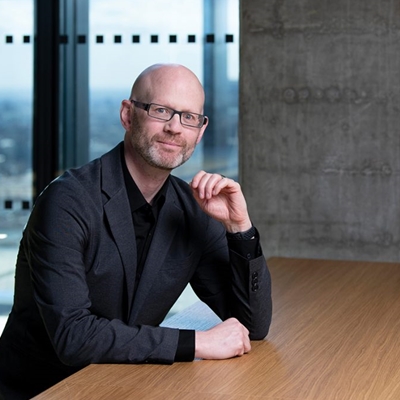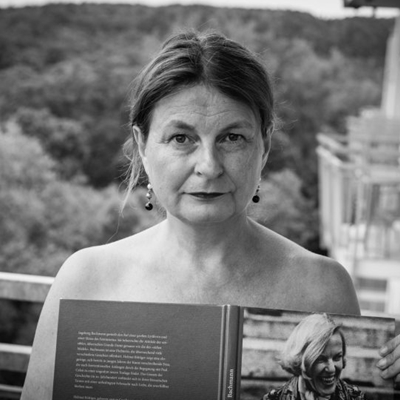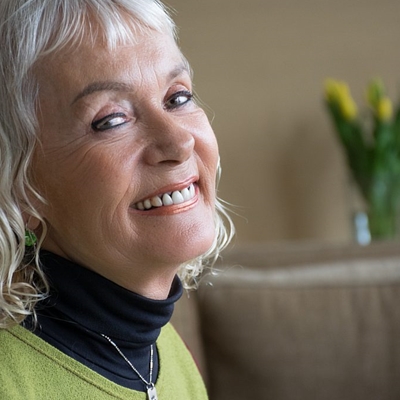Hay Festival Segovia 2023
Hay Festival Segovia 2023 will run September 14-17. There will also be some events in the run up to the festival.
Tickets are on sale now. Please write entradas@hayfestival.com if you have any doubts with tickets sales.
Event 1
Workshop: The Minimal Autobiography, by Beltrán Gambier
A Life in Just One Thousand Words
Venue: Biblioteca Pública Municipal Eugenio Trías (Madrid)
Read moreIntramuros magazine, a pioneer in the autobiographical genre in Spanish, celebrates its 30th anniversary this year, continuing to explore the form known as the "minimal autobiography." Its director, Beltrán Gambier, will lead a workshop guiding participants in writing their life stories in just 1,000 words.
Through theoretical guidelines and the reading of selected excerpts from autobiographies, Gambier will motivate attendees—no academic background required—to write four or five initial paragraphs (or a complete minimal autobiography) in the first person. These texts will be shared and discussed among participants in the second session of the workshop.
With the collaboration of Laura Ventura, literature professor and journalist. Assistant: Yago Cabrera Pérez
Event in Spanish
Co-organised with the Madrid Book Fair

Event 2
Minimal Autobiography Workshop with Beltrán Gambier and Pedro Zuazua
A Life in Few Words
Venue: Centro Penitenciario de Segovia
Read moreHay Festival Segovia returns once again to the Segovia Penitentiary Centre, driven by the success of previous years, with the Minimal Autobiography Workshop led by Beltrán Gambier, founder and director of Intramuros magazine, which is dedicated to this literary genre. With over three decades of history, Intramuros has featured contributions from prestigious authors, including Nobel Prize winners Günter Grass, Herta Müller, and Mo Yan. Gambier is also a lawyer and author of several legal texts, including one focused on Penitentiary Administrative Law.
The workshop once again includes the participation of Pedro Zuazua, a trained philologist and practicing journalist. Author of En mi casa no entra un gato and Días para ser gato, autobiographical works centered on his life with his cats, Mia and Atún.
This is a valuable opportunity for inmates to take part in a high-level literary activity, where they will be invited to write a short autobiographical fragment.
Event in Spanish
Co-organised with Centro Penitenciario de Segovia
Event 3
Sundeep Waslekar, Robert O. Keohane, Sam Elsey and IE University students in conversation with Borja Santos
A World Without War: Youth, Power and the Future of Global Peace
Venue: IE Tower, planta 24, Madrid
Read moreIs war inevitable, or a choice we keep making? Sundeep Waslekar, author of A World Without War, explores how nationalism, emerging technologies and political decisions shape the future of conflict.
He will be joined by Borja Santos Porras, Vice Dean at IE School of Politics, Economics and Global Affairs, Professor Robert O. Keohane (Princeton), Sam Elsey, President of the Young European Federalists Luxembourg, and student leaders from IE University’s European Union Club and International Relations Society. Together, they will examine the role of youth in global diplomacy and reflect on whether a world without war is achievable, or simply utopian.
The event will be introduced by Sheila Cremaschi, Director of Hay Festival Segovia, and Geoffroy Gérard, General Director of IE Foundation.
Event in EnglishIn collaboration with IE University
Event 4
Martin Dahms, Helena de Bertodano, Nuria García Arenas and Miquel Molina in conversation
Journalism fiction: a day in the newsroom of the Europa Tribune
Venue: Espacio Fundación Telefónica (Madrid)
Read moreWhat is the editorial board like, where the front page of a newspaper's web and paper is decided every day? Who intervenes? Is there a debate about the news stakes? Who chooses the front page photo? Let's enter the realm of fictional journalism for a day: how would one of these meetings take place in an imaginary European newspaper? To what extent would common themes be strengthened against the pressure of strictly local themes and points of view? Let us imagine that this medium is called Europa Tribune and that on 10 September 2025 it has decided to hold an open-door editorial board meeting.
The place chosen for this unusual exercise in transparency is the Telefónica Foundation in Madrid. Flesh and blood journalists sit at the table of this fictitious board: Martin Dahms, correspondent of Frankfurter Rundschau and Stuttgarter Zeitung; Helena de Bertodano, reporter for The Sunday Times and Miquel Molina, deputy director of La Vanguardia. The cover was designed by Núria García Arenas, editor-in-chief of Design at La Vanguardia. The event is presented by Sheila Cremaschi, Director of the Hay Festival in Spain and chosen by Forbes among the 75 Latin women to follow 2024, and by Sonia Mulero, Director General of Banco Sabadell Foundation.
Event in Spanish
Co-organized with the Fundación Telefónica, Hay Festival Spain, La Vanguardia, the Goethe Institute Madrid and Banco Sabadell Foundation
Event 5
Lost & Found exhibition
Map of European literary London
Venue: Biblioteca Municipal Casa de la Lectura
Read moreWriters have visited to London for centuries, from Europe and beyond. Lost & Found exhibition reveals how the city has inspired them, bringing to light a Europe and a London of the imagination. It is based on an interactive digital map designed by the European Institute, the Faculty of Arts and the Bartlett Center for Advanced Spatial Analysis at UCL, which allows the visitor to explore London from texts written in more than twenty European languages, including Spanish, Catalan and Galician.
Ideas for new passages to include on the map are very welcome. For more information visit www.europeanliterarylondon.org
The exhibition will be open from 11 to 14 September
Co-organised with the Embassy of the United Kingdom in Spain
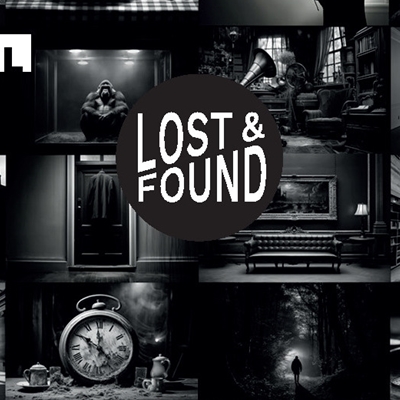
Event 5B
Letters for Freedom Exhibition
Guided Visit
Venue: La Alhóndiga
Read moreLetters for freedom à la carte. It is possible to take a guided tour of this magnificent exhibition in such a way that the visit becomes a personalised experience, in which each photograph acquires its own dimension, an appropriate context and a full interpretation. The visit will be attended by the curator of the exhibition, Aku Estebaranz and the Councillor for Culture of Segovia City Council, Juan Carlos Monroy.
The exhibition Letters for Freedom shows 60 unpublished photographs by Walter Reuter that form part of a thematic set of 360 negatives belonging to Reuter's Valencian period, during which he was the official photographer of the Second International Congress of Writers for the Defence of Culture in 1937, held in Valencia in the midst of the Spanish Civil War.
Co-organised with the Segovia city council
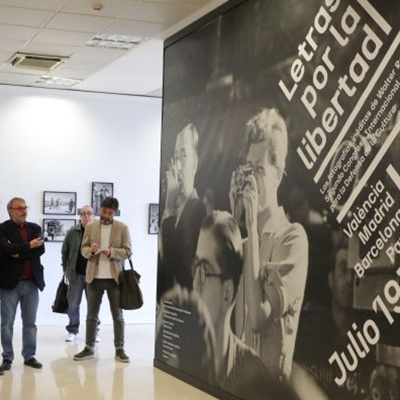
Event 6
Screening of 'One Step Ahead' and 'Kompromat'
French cinema evening
Venue: Cinemateca Antigua Cárcel de Segovia
Read moreThe Institut Français in Spain presents in its French cinema evening two recent films that, from two completely different perspectives, coincide in presenting characters facing unexpected, and in some cases extreme, changes in their lives. The two films are directed by two veteran directors with a long career behind them: Jéróme Salle and Cédric Kalpisch. A comedy and a thriller not suitable for all sensibilities.
16:40 - 18:40 h Screening of One Step Ahead
The first screening is a comedy suitable for all audiences. In One Step Ahead, Élise is a great classical dancer who is forced to stop dancing after suffering an injury during a performance. From that moment on, her life is turned upside down and she must learn to rebuild herself... Élise's life is spent between Paris and Brittany, where she has encounters, experiences, disappointments and hopes that lead her to meet a contemporary dance company. This new way of dancing will allow her to give a new impulse to her life by discovering a new way of living. Nominated 9 times at the last César Awards, including Best Film and Best Direction.
Directed by Cédric Klapisch and starring Marion Barbeau and Hofesh Shechter.
Running time: 117 minutes.
18:55 - 20:55pm Screening of Kompromat
Kompromat. The Russian File is a dark thriller in which Mathieu, a French diplomat and member of the French Institute in Irkutsk (Russia), is arrested and imprisoned by the Russian authorities on charges of sexual abuse of his own daughter. He has been falsely incriminated by the Russian Federal Security Service; a distressing situation with very topical overtones in the European context.
Directed by Jéróme Salle and starring Giller Lellouche and Joanna Kulig.
Running time: 121 minutes.
The evening will be presented by Geoffroy Gerard, Director of the IE Foundation.
The films will be screened in their original language with Spanish subtitles
Organised together with the Institut Français and Ayuntamiento de Segovia
Event 7
Alba Cardalda in conversation with Marta Fernández
Neither submissive nor inflexible
Venue: IE University. Sala Capitular
Read moreIn order to lead a socially reasonable life, it is essential to set limits for others. This implies, at the same time, trusting oneself to respond effectively or keeping silent as the best response. The psychologist Alba Cardalda has poured her profound experience in this field into books with resounding titles: Cómo mandar a la mierda de forma educada and Cómo dejar de ser tu peor enemigo ('How to politely tell people to fuck off'). In short, we need to be clear about our criteria, show our red lines and stop them giving us advice if we don't ask for it.
Alba Cardalda is an expert psychologist in cognitive-behavioural psychotherapy, brief and strategic therapy and neuropsychology. For more than 10 years, she has been working in child, youth and adult therapy, both individual, couple and family therapy, and since 2017 she has been travelling around the world without a fixed residence. In addition, through her social media channels she shares tips to improve the daily well-being of her hundreds of thousands of followers.
She talks to the journalist Marta Fernández.
At the end of the event, the author will sign copies of her books
Event in Spanish
Co-organised with Penguin Random House Grupo Editorial

Event 8
Josep Borrell in conversation with José María Beneyto
A Geopolitics of Now: China, United States, Europe
Venue: IE University. Aula Magna
Read moreThe international chessboard is undergoing a moment of accelerated transformation. Relations between China, the United States and Europe are the focus of geostrategic tensions, technological disputes and fundamental questions about global leadership, multilateralism and the defence of democratic values. Understanding this new geopolitics is key to interpreting the challenges of the present and projecting possible futures.
This high-level dialogue will bring together two key figures in European political thought and action. Josep Borrell, former High Representative of the European Union for Foreign Affairs and Security Policy, will contribute his diplomatic experience from the epicentre of the continent's strategic decisions. He will be accompanied by José María Beneyto, professor, jurist and author of fundamental essays on Europe and the global order, whose intellectual vision will enrich the analysis of the current situation.
During the first half of the meeting, the two will discuss the balance of power between China, the United States and Europe, the role of the European Union in a more fragmented international scenario and the keys to a coherent and effective foreign policy. In the second half, students from IE University's European Union Club, Oleksandr Mysyk, Vanessa Chioaru and Catherine Del Rio will join the conversation in an intergenerational dialogue that will highlight the voice of young people and their role in building the Europe of the future.
The event will be translated from Spanish to English and from English to Spanish
With the collaboration of the Fundación Banco Sabadell Foundation, IE Fundación and Fundación Telefónica
Event 9B
Dance and fashion show (Blue zone)
Merina: The Total Creation
Venue: IE University. Aula Magna
Read moreOteyza and the AIDA Foundation present Merina, the story of the Merino sheep, the former "Spanish gold," the greatest cultural and artistic heritage in the history of fashion in our country, in a disruption of the aesthetic codes of dance, electronic music, and fashion. A constant progression of tradition and avant-garde.
Paul García de Oteyza and Caterina Pañeda, founders of Oteyza, have created a performance that brings together various performing arts, telling the story of the process, tradition, sustainability, and avant-garde in a unique show where Spanish wool becomes a travel companion alongside electronic music, dance, and fashion.
Creation, direction, and production: Oteyza
Original music: Tagore González
Choreography: Antonio Najarro
Costumes: Oteyza
Event in Spanish
Co-organised with Fundación AIDA
Co-organised the Inauguration with the Fundación Telefónica, IE Foundation, Fundación AIDA, Banco Sabadell Foundation and Acción Cultural Española, AC/E

Event 9A
Dance and fashion show (Yellow zone)
Merina: The Total Creation
Venue: IE University. Aula Magna
Read moreOteyza and the AIDA Foundation present Merina, the story of the Merino sheep, the former "Spanish gold," the greatest cultural and artistic heritage in the history of fashion in our country, in a disruption of the aesthetic codes of dance, electronic music, and fashion. A constant progression of tradition and avant-garde.
Paul García de Oteyza and Caterina Pañeda, founders of Oteyza, have created a performance that brings together various performing arts, telling the story of the process, tradition, sustainability, and avant-garde in a unique show where Spanish wool becomes a travel companion alongside electronic music, dance, and fashion.
Creation, direction, and production: Oteyza
Original music: Tagore González
Choreography: Antonio Najarro
Costumes: Oteyza
Event in Spanish
Co-organised with Fundación Aida
The inauguraion is co-organised with Fundación Telefónica, IE Foundation, Fundación AIDA, Banco Sabadell Foundation and Acción Cultural Española, AC/E

Event 5C
The Installation - The Dancing Bench
Festival Concéntrico at Hay Festival
Venue: Plaza Mayor
Read moreThe international architecture and design festival Concéntrico, held annually in Logroño, is participating for the first time in Hay Festival with a dual proposal that activates the public space of Segovia's Plaza Mayor. Dancing Bench, an installation by London-based studio Soft Baroque, is presented alongside the book Concéntrico: Urban Innovation Laboratory, edited by Nick Axel and Javier Peña Ibáñez and published by Park Books.
Dancing Bench is part of a series of mobile furniture pieces that transform everyday objects through a mechanism of parallel moving planes. Upon sitting, the visitor is invited to spin them, generating an experience somewhere between an optical illusion and an unusual ergonomic sensation. These benches "dance" with you or for you, creating moments of visual distortion but also of shared calm, like a rocking chair or an urban hammock. With support from the British Council, Dancing Bench was presented for the first time at the last edition of Concéntrico (June 2025).
The book Concéntrico: Urban Innovation Laboratory chronicles a decade of the festival in Logroño, documenting 150 interventions that have transformed the city into a laboratory for urban innovation. Through 86 projects by artists, architects, and designers from 20 countries, the publication explores how architecture and design can activate public space, strengthen communities, and open up new forms of relationship between citizens and their surrounding
Event in Spanish
Co-organized by British Council, Concéntrico and the Town Hall of Segovia
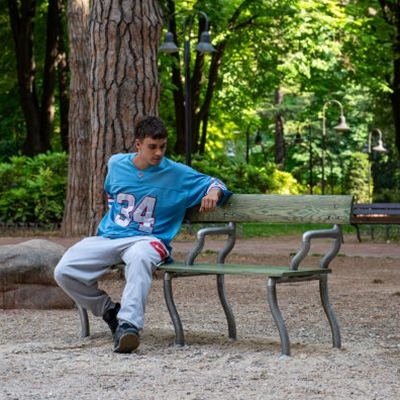
Event 10
Jona Lendering in conversation with Jan W. Bok
Fake News and Soft Persuasion
Venue: IE University. Aula Magna
Read moreEverybody seems to like the ancient world, and everybody seems to know things better than archaeologists, philologists, and historians. Ever since the early 1970s, there’s been an avalanche of insufficiently professional publications, and the rise of the internet has enabled the reintroduction of already refuted ideas. Measured by its ability to inform the general public of new insights, the study of the ancient world is a disappointment. Fortunately, there are lessons to be learned about proactive forms of science communication.
Jona Lendering (1964) studied history in Leiden and has been writing about archaeology, history, and ancient languages ever since. He published several books and built Livius.org, which was, in the days before the Wikipedia, the largest website on Rome, Greece, Persia, and other civilizations from the distant past. Today, he maintains a daily blog on ancient history, MainzerBeobachter.com.
Jan W. Bok (1970) is a faculty member of the Global College, IE University, Madrid. Before that, he taught Political Philosophy at the Erasmus University, the Netherlands, and World Language and Literature at the Università degli Studi di Bologna, Italy. He is a proud graduate from different academic institutions, including the Erasmus University of Rotterdam (History and Arts, Philosophy) and the École des Hautes Études en Sciences Sociales (EHESS, Political Science) in Paris, France.
Presented by Roel Nieuwenkamp, Ambassador of the Royal Embassy of the Netherlands.
Event in English with simultaneous translation into Spanish
Event 11
Momtaza Mehri and Violeta Gil in conversation with Cristina Ward
Poetry of the World
Venue: IE University. Aula Magna
Read moreMomtaza Mehri is an award-winning writer and researcher working in the fields of poetry, criticism, education and radio. Since 2014 her work has been published in literary journals and magazines such as Granta, Poetry International, The Poetry Review, Artforum, Vogue and The Guardian.
Described by Bernardine Evaristo as ‘a truly transnational 21st century poet whose words resonate in the wider world’, Momtaza Mehri was named Young People's Laureate of London and is currently poet-in-residence at Homerton College, University of Cambridge. Her first collection of poems, Bad Diaspora Poems, was shortlisted for the Sunday Times Young Writer of the Year Award and won the Forward 2023 Award for Best First Collection, as well as the Eric Gregory Award and the Somerset Maugham Award. The collection asks the question of what it means to write diasporic poetry, blending the experience of his own family with the stories of many others in Somalia during the nineteenth and twentieth centuries.
Together with Violeta Gil, a theatre-maker and writer and prestigious Spanish poet of her generation, Mehri will talk about her writing and the role poetry can play in challenging a world governed by race, class and gender. The talk will be moderated by Cristina Ward, director of the Arts Department of the British Council in Spain.
At the end of the event, the authors will sign copies of their books
Event in English with simultaneous translation into Spanish
Co-organised with British Council
Event 12
Nerea Blanco Marañón, Carmen Páez, Miguel Ángel Serrano in conversation with Jorge Corrales
Does AI Pose a Threat to Creativity? Artificial Intelligence and the future of culture
Venue: IE University. Sala Capitular
Read moreCritical reflection on the impact of Artificial Intelligence on written culture, copyright, and access to culture. The session will discuss the role of writers, translators, journalists, and publishers; the current confusion between creation and compilation of works; and the risks of cultural homogenization. The panel will be introduced and moderated by Jorge Corrales, general director of CEDRO, and will also feature Carmen Páez, Undersecretary at the Ministry of Culture; Miguel Ángel Serrano, author of the essay Androiceno. Escribir en la era de la inteligencia artificial; and the philosopher and writer Nerea Blanco Marañón.
There will be a book signing at the end of the event
Event in Spanish
Organised together with CEDRO
Event 32
Nick Clegg and Enrico Letta in conversation with Helena de Bertodano
Europe in the Looking Glass: Democracy, AI and the Future of the World
Venue: IE University. Aula Magna
Read moreAt a time of dramatic transformation, Europe faces key challenges: democratic renewal, its position on the global geopolitical stage, and the exponential impact of artificial intelligence. This discussion brings together two key figures to consider the future of Europe and its role in the world. Enrico Letta, Dean of IE School of Politics, Economics & Global Affairs and former Prime Minister of Italy, who has just published the book Europe: Last Chance —a call to action to work towards a stronger and more competitive European Union that can hold its own. He will be joined by Nick Clegg, also a strong advocate of EU integration, former Deputy Prime Minister of the United Kingdom and, until recently, President of Global Affairs at Meta. He offers a unique perspective from the intersection of politics, technology and society, after years at the forefront of institutional and regulatory relations at one of the world's tech giants.
The discussion will be moderated by journalist Helena de Bertodano, an international correspondent and regular contributor to media outlets such as The Times and The Sunday Times, known for her sharp insight into the major players on the global stage. This conversation will seek to understand how Europe's values and structures are being redefined in a time marked by technological disruption and new power balances.
Presented by Sir Alex Ellis, British Ambassador to Spain, the event will be introduced by students of the IE European Union Club, Oleksandr Mysyk and Catherine del Rio.
Event in English with simultaneous interpretation into Spanish
Co-organized with IE Foundation
Event 13
Enrico Letta in conversation with Anne McElvoy
Global disorder, a new social contract and the last opportunity for Europe
Venue: IE University. Aula Magna
Read moreAs the world faces growing polarisation, democratic fragility and technological disruption, how can we rethink the institutions that bind our societies together? What kind of new social contract is needed in Europe for this era of uncertainty, what learnings for our institutions and what role should universities play in shaping it? Enrico Letta, Dean of IE School of Politics, Economics & Global Affairs and former Prime Minister of Italy, who has just published the book Europe: Last Chance ( Europa, Ultima Oportunidad) has a forward-looking vision of the role Europe and our universities have to play in strengthening democracy, civic trust, global cooperation and competitiveness. He will engage in a deep conversation with Anne McElvoy, Executive Editor at POLITICO in Europe and host of Politics at Sam and Anne's podcast, to explore how Universities can help rebuild social cohesion and foster a renewed civic ethic in a time of global change.
Event presented by Spartaco Caldararo, Consul General of the Embassy of Italy in Spain.
Event in English with simultaneous interpretation into Spanish
Organised together with IE Foundation
Event 14
Inmaculada Ballesteros, Jimena Durán and Paul García de Oteyza talk to Javier Gila
Soft power to move forward
Venue: Biblioteca Municipal de Segovia Casa de la Lectura
Read moreDiplomacy is the backbone of international relations from which each nation weaves its multilateral strategies. But there are many paths, and soft policy and soft power seek to influence the chessboard of international politics through cultural and ideological means that sometimes serve to argue better and to generate détente. Inmaculada Ballesteros, Paul García de Oteyza and Jimena Durán will discuss how to approach these alternative spaces in this event. The event will be moderated by Javier Gila, president of the NGO AIDA, which focuses on the fight against poverty in developing countries.
Event in Spanish
In collaboration with Acción Cultural Española, AC/E, Development Bank of Latin America and the Caribbean (CAF) and Fundación AIDA
Event 15
Fernanda Canales in conversation with David Goodman
The Power of Space: Imagining Futures
Venue: IE University. Sala Capitular
Read moreMexican architect Fernanda Canales has dedicated her career to reflecting on space not only as an aesthetic or functional question, but also as a political and social act. Considered one of the most lucid voices in contemporary architecture, her work is situated at the intersection between creation, research and activism. Her book The Open Classroom and her urban projects question the ways in which we inhabit and the structures that condition our cities.
In this conversation with David Goodman, Dean of IE School of Architecture and Design, they will explore the role of architecture as a tool for transforming social dynamics, rethinking public space and giving citizens back the right to imagine their environment. From the everyday to the monumental, the dialogue will focus on how to design not just buildings, but possibilities.
Event in English with simultaneous interpretation into Spanish
In collaboration with IE School of Architecture & Design, IE Foundation and Casa de México
Event 16
Radka Denemarková in conversation with Monika Zgustová
Past that stains
Venue: Biblioteca Municipal Casa de la Lectura
Read moreRadka Denemarková is one of the most powerful and distinctive voices in contemporary Czech literature — a novelist, playwright, and translator whose fiction delves into unresolved social issues such as xenophobia, homophobia, and misogyny. For Denemarková, these challenges are deeply connected to the rise of nationalism and the struggle for fundamental human rights in a still deeply patriarchal Eastern Europe. Her latest published work is Sangre de chocolate.
She will speak with Monika Zgustová, a Spanish-Czech writer and translator whose work explores exile — both internal and external — and the everyday impact of authoritarian regimes on personal freedom.
At the end of the event, the author will sign copies of her books
Event in Czech with consecutive translation into Spanish
